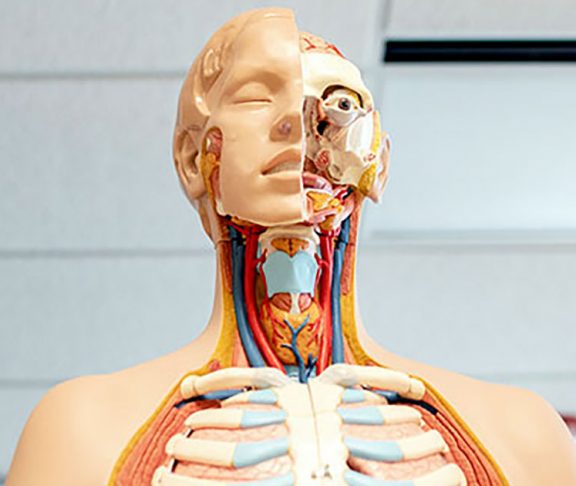Evolving patient care needs and advances in medical science and technology have stimulated the growth of medical specialization. Doctors who specialize can become more proficient by developing or honing specific skills and obtaining highly focused knowledge in a particular field of medicine such as emergency medicine, oncology, or medical genetics and genomics. They can use an increased array of diagnostic tools, effective treatments and procedures to help them provide optimal patient care.
Expanding fields
In 1960, there were 18 specialties and a handful of subspecialties. Today, there are 40 specialties and 85 subspecialties. In the past decade alone, the American Board of Medical Specialties (ABMS), which oversees physician certification in the United States, has approved 10 new subspecialties.
All doctors need a medical license to practice medicine in this country. It means that the physician has met the core standards needed to provide safe and effective patient care. To obtain a medical license, individuals must graduate medical school, receive postgraduate training and pass a national medical licensing examination.
The choice to specialize
After earning a medical license, most doctors in the United States choose to specialize. Becoming board certified by an ABMS member board, of which there are 24, demonstrates that a physician has gone above and beyond basic medical training to become an expert in a given specialty. Some individuals choose to become certified by more than one ABMS board. Board certification requires extra training that can take anywhere from three to seven years. Then, the physician must pass a written (and sometimes an oral) exam given by an ABMS board. The fact that most doctors in the United States have chosen to become board certified speaks to its importance.
Board-certified physicians can stay current by participating in a rigorous program that assesses their knowledge, skills and judgment throughout their careers, which can span 30-plus years. By engaging in this type of ongoing assessment, board-certified doctors show that they are meeting a national standard set by their peers not just in medicine, but in their specific specialty. Several studies show that board-certified physicians practice higher quality medicine and tend to have fewer disciplinary actions than those who are not board certified.
The medical profession has been granted the privilege of self-regulation. Given this privilege, it is essential for physicians to pursue the best training, commit to lifelong learning and continuous improvement, and practice at the highest level. By earning and maintaining board certification, doctors are prepared to do just that.

